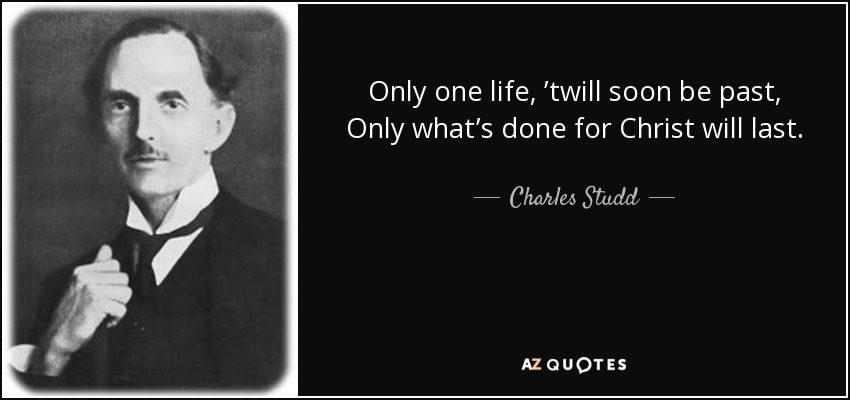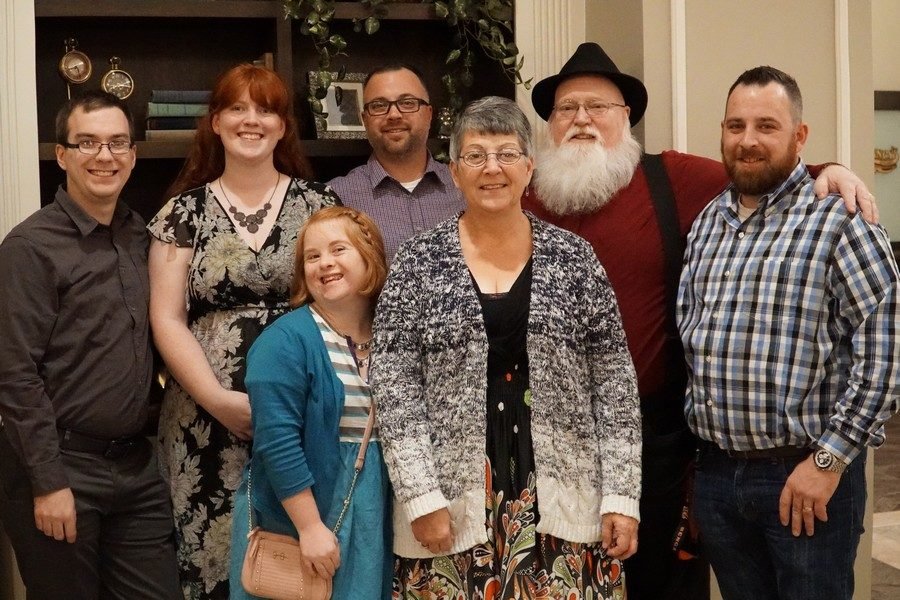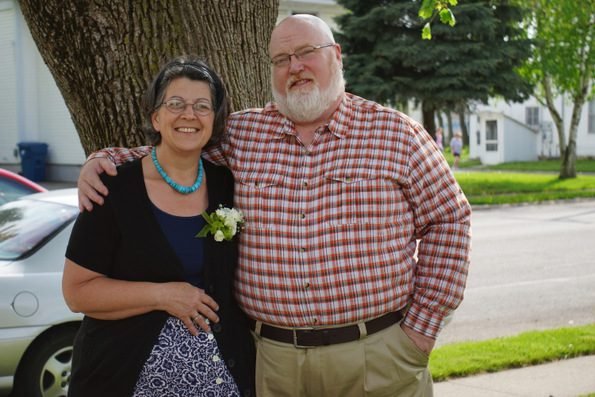
Joe, the Evangelical, continues to email me. The count is now up to twenty-five comments and twenty emails. Today, Joe emailed me at 12:19 pm, 12:29 pm, 12:46 pm, 1:34 pm, 1:54 pm, 4:06 pm, 6:17 pm, and 8:08 pm. Joe even went over to ex-christian.net and said:
I don’t know but thought I would drop in to say I am still investigating every angle of deconversion. An older ex-Christian named Bruce in Ohio just threw me off his board and told me to f&$#$k off! I remembered that the Moderator here has much thicker skin, and is far more respectful to people. The man in Ohio immediately took offense when I quoted 1 John 2:19. But I wasn’t the one stating what it says in the verse— John the Apostle was!
I have not responded to any of Joe’s emails today, and I don’t plan to do so. I do plan to address some of what he said later in this post.
Here’s what Joe — a man who thinks he is Jesus — had to say:
Email One
I should have known you would do this. You opened up a door for me to respond to you. I tried to be civil in my response to you. I even explained I never said you were going to hell. But you insist on painting me in the worst way possible, and still insist you have the right to tell another person to f$#$k off at your leisure. You have only reinforced by your posts the fact that reconverts are very, very angry people with malicious attitudes. I will also share your blog with others to show them how a deconverted man reacts to discussions about God. How his hate is the dominant force in his life. You lost your soul for sure when you turned from Jesus—you no longer have a heart. Hate consumes you and is hunting you down now. Praise God he has saved me and continued to keep me. I pray I never wind up like you.
Email Two
This will absolutely be my last email to you Bruce. One day this will be reviewed as everything else will be before the Judgment seat of Christ. You will realize on that day that MANY people have tried to persuade you to repent from your decision to deconvert. You will realize then how you have treated those same people. I don’t care what you say Bruce— I genuinely continued to post on your site not to snidely judge people but to hopefully warn them and cause them to turn. But you are too hateful to accept that. I think there are other “lurkers” on your site that will be amazed to see the amount of hate you have towards Jesus Christ. In trying to “reveal” me on your site you have truly revealed yourself. I hope they see that and turn back to Jesus, seeing what they will turn into if they continue to reject Jesus. You may have committed the sin in 1 John 5:16 and I pray others will read your posts and beware. I know your response to all of this: f&$&$k off! Unfortunately those are the main words in your vocabulary now. Hopefully I’ve made your board more interesting. I note the SEQUELS keep coming Bruce. Otherwise the board is quite predictable and boring. Narcissists normally do have quite boring boards. Yours is no exception.
Email Three
By the way, you continue to shoot yourself in the foot Bruce. It’s your blog but you are centering on ME. I’m very flattered. Will there be a Part 5 and 6 also. I’ll go get my popcorn.
Email Four
It’s time to ‘fess up. You’ve been played. That’s why I’ve repeated twice now that you’re shooting yourself in the foot. I was VERY surprised the last Deconversion board that I was on I was the one who left–I wasn’t “thrown off” like you are doing. lol.
That moderator was VERY COOL and kept his composure. He knew I would continue to make the claims I was making but allowed me to continue. There were no personal attacks between he and myself, but I could tell he was very angered at my saying he was never a believer. I expected to be cussed at and removed but he never did. I had written a thread called “Israel: proof of God’s existence”. It might appear if you Google it. I’ve forgotten the name of the site.
But every other site I have visited had the same result: make a few posts, suffer harsh criticism, a few begin to cuss at you (but I never cuss back), and eventually the moderator bans you, or takes away your rights to post.
When I stumbled onto your site about Halloween and realized you were a deconvert, I said to my wife “I’ll bet I get banned within a week”. LOL. You took away my posting rights within TWO DAYS.
The majority of you are very angry people. Just read the posts on your “I hate Jesus” thread Bruce. So it doesn’t take much to get most of you all riled up. There is the occasional Michael (whom I take seriously) who is cordial and civil. But the majority are just like you Bruce. Ever heard the term “thick skin”? Deconverts do NOT have thick skin. LOL.
I email you again and again to see how much more I can rile you up. Man, you’ve dedicated 3 threads to me due to your anger.
I showed the most recent addition to the thread, PART 3 to my wife and she said “you should stop doing that. Someone is going to have a heart attack”. But I told her it was too much fun watching the reactions I was getting. I told her that “These people hate Jesus so much they spend HOURS talking about it”. And you most certainly do.
And it is pure guilt. You are afraid and I don’t blame you. You are rejecting the Lord of eternity. It displays itself in your anger and repeated reassurances to one another that Jesus is all “make-believe”. But Hebrews 10:26-31 states you are “expecting fearful judgment” It is something you cannot shake off no matter how hard you try to.
But you have all made your own choice to “trample upon the Son of God” (Hebrews 10:27) so I will continue to “play you” Bruce.
Oh– did I just ruffle your little feathers by emailing you again? Whoops! LOL. “How dare he continue to email me? I am Bruce Almighty and I asked him not to!” Ha ha ha ha
Will this email be in Part 4? Please entitle it “I continue to shoot myself in the foot” followed by 4 eggplants shaped like penises. That would be great. Ha ha.
Email Five
Google: “Deconversion Israel proves the existence of God”. Scroll down about 6 links. This is where I posted as Fish153 for quite a while. It is www.ex-christian.net. The Moderator was amazing. Very patient person. I truly admire him. He allowed me to post many different things and was confident enough in his own skin to not take it personally or ban me. I eventually left the board on my own. But I was told to f$@#k off many times by those without thick skin. I would feign surprise at their actions, but would never return the cursing.
I left the board admiring the man for allowing ALL views. I leave your board laughing. Another one shoots himself in the foot! Lol.
Email Six
Sing it with me Brittany: “Oops I did it again. I emai-eld Bruce, and now he’ll get mad, and send those egg plants…”Hey I wanted to let you know I’m drumming up readers for your blog. I was on another deconvert blog where they have allowed me to continue for some time now. I mentioned you. I didnt give your full name. I just said “A thin-skinned ex-Pastor and ex-Christian from Ohio named Bruce threw me off his board for quoting 1John 2:19 and stating he was never a Christian”. These people are used to seeing 1 John 2:19 quoted and being told they were never Christians. It goes with the territory. I also mentioned you have given me top billing on your board— even making sequels in parts 2 and 3 (so far). So I’m sure some will come to visit very soon. I think it’s always nice to get more readers for a blog. It definitely cannot hurt. All the best to you!
Email Seven
This is Joe’s wife. He doesn’t know I am sending this. Please stop encouraging him. You said “if he emails me again I will post it below”. Of course he e-mailed you. You left a door open for him.
I am pleading with you to stop. Ever since Joe was very young he has been extremely frightened of Santa Claus. He was frightened to the point of psychosis.
A couple of days ago my husband dashed into the living room in tears and cried out “Santa Claus just told me to fuck off!!”
I seriously did not know what he meant until I saw your picture. “Why? Why? Why would Santa Claus tell me to fuck off?? He asked me.
All I could tell him is that maybe Santa is frustrated. Maybe he can’t fit down a chimney any more.
I know you’re not Santa, but he thinks you are. After he saw your picture his psychosis returned. He is a sick man.
And then, to top it off you send eggplant emogis. Joe is allergic to two things: Eggplant and Ohio. We have to avoid Ohio because he breaks out in hives if he goes near there.
So I have to ask you. For the sake of my husband please cease and desist. Do not “invite” him to e-mail you again or he will most definitely. I am asking politely. Thank you for listening.
Email Eight
You know, I had read almost everything on your blog except “Dear Jesus”. Deconverts always say it was nothing personal in their lives that turned them away from God. They say it was because of something they read, or due to Science, etc.
But it ALWAYS turns out to be something in their lives that caused them to turn away. When I read “Dear Jesus” I now see clearly why you are an apostate. You “served” Jesus, but “blamed” Jesus your whole life.
Your Mom, the divorce–“where were you Jesus?” I understand now Bruce. I PROMISE to never send you another email. I have badgered you with emails because I was genuinely upset that a former “Pastor” would tell me to “f” off.
There is another site that I am visiting again. They are a bit more understanding. There are some quick to curse there also, but that is to be expected.
I wasn’t aware of your sad past.. I’m truly sorry. But I have a far better understanding for your deconversion now. “Dear Jesus” is a real eye-opener to those looking for reasons for deconversion. My past is also sad but I don’t blame God for it.
Good luck with your blog. I am deleting every link to your blog, and regret barraging you with e-mails. Now that I understand your reason for turning back I regret not stopping earlier.
— end of emails —
Joe’s comments speak for themselves. I do want to address several things.
First, The Life and Times of Bruce Gerencser is a blog, not a board.
Second, this is my personal blog. This blog has comment rules. Joe read these rules. He deliberately chose not to abide by these rules. He has no respect for me or the readers of this blog. I gave Joe rope to hang himself because I thought his comments (and emails) would be instructive, a reminder of the vile, ugly underbelly of Evangelical Christianity. Joe has certainly delivered.
Third, Joe has not read most of the 4,369 posts on this site. In fact, based on the server logs, Joe has read less than twenty posts.
Fourth, based on the server logs, this site has received no traffic from any of the ex-Christian sites.
If you have been reading this series of posts, it should be clear to you by now that Joe is a gaslighter, a liar, a bully, someone who isn’t used to someone standing up to him.
While Joe “apologized” in his last email, I don’t buy his apology, nor do I accept it. Joe is like an abusive husband who beats the shit out of his wife, abuses her with his words, and psychologically terrorizes her. And then, one day, he profusely apologizes to his wife, professes his love for her, promises to never, never abuse her again, and gives her $100 to buy a new dress. All is well, right? Nope. Days or weeks later, the husband abuses his wife again, a pattern of behavior that has been going on for years. Cause harm, apologize, cause harm, apologize, cause harm, apologize.
Joe tried to harm me, but failed. He tried to psychologically terrorize me, but failed. he tried to wound me, but failed. You see, contrary to what Joe says, I do have thick skin. Scores of “Joes” have come before Joe Sperling. I have been attacked and abused by God’s chosen ones over, and over, and over again. Years ago, Joe’s emails and comments would have caused harm. A decade of counseling has taught me how to deal with the Joes of the world. One way is to expose them, and that’s what I’ve done. Another way is to take their power away, the power to cause harm. And finally, putting people such as Joe in their place can be cathartic. I told Joe to “go fuck yourself,” not out of anger, but because I can. Joe can’t control what I say and that infuriates him.
Joe has repeatedly said he wouldn’t contact me again. We will see if he is a man of his word.
This is the last post in this series. Any further emails will be appended to this post.

Joe send me the following after this post was published:
Bruce– You tried to harm me and you succeeded. You tried to terrorize me and you succeeded. You tried to belittle me and you succeeded. Congratulations and goodbye.
Bruce Gerencser, 66, lives in rural Northwest Ohio with his wife of 45 years. He and his wife have six grown children and thirteen grandchildren. Bruce pastored Evangelical churches for twenty-five years in Ohio, Texas, and Michigan. Bruce left the ministry in 2005, and in 2008 he left Christianity. Bruce is now a humanist and an atheist.
Connect with me on social media:
Your comments are welcome and appreciated. All first-time comments are moderated. Please read the commenting rules before commenting.
You can email Bruce via the Contact Form.









